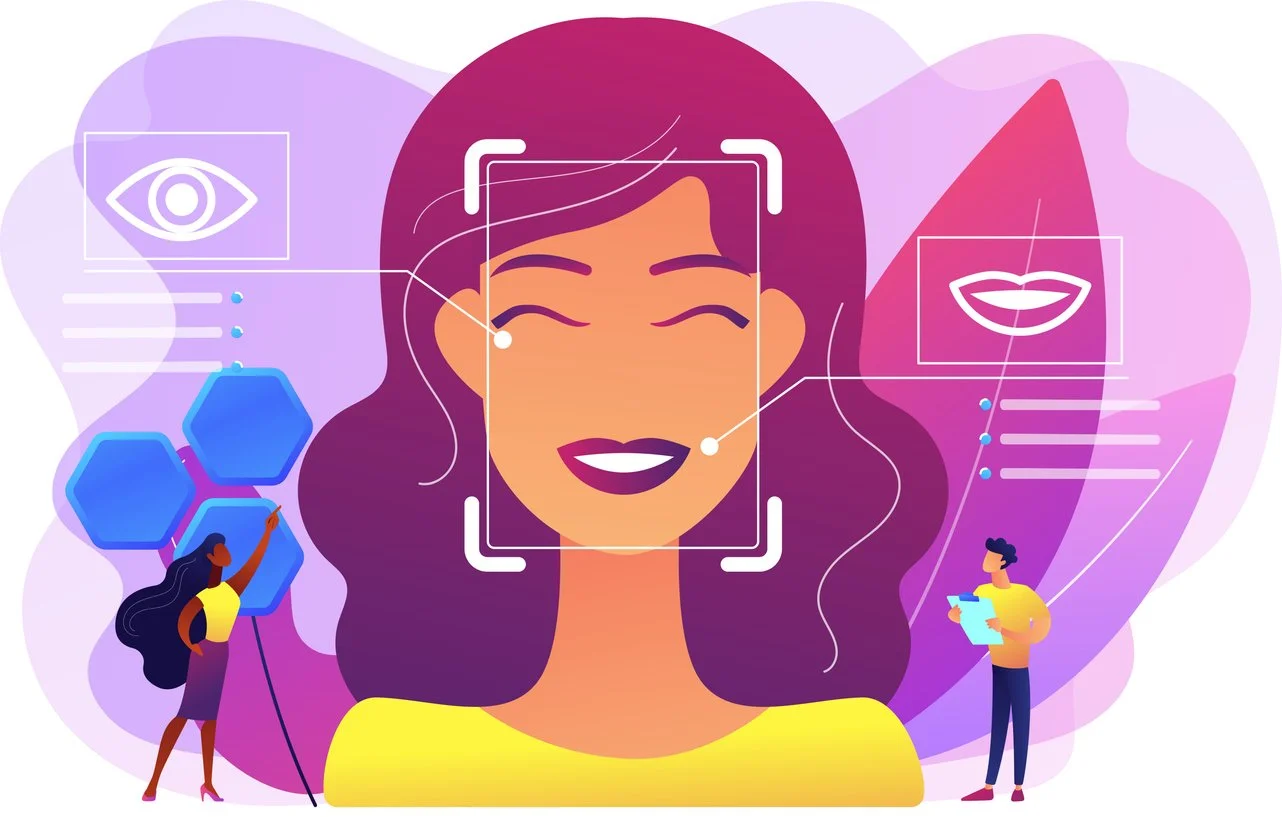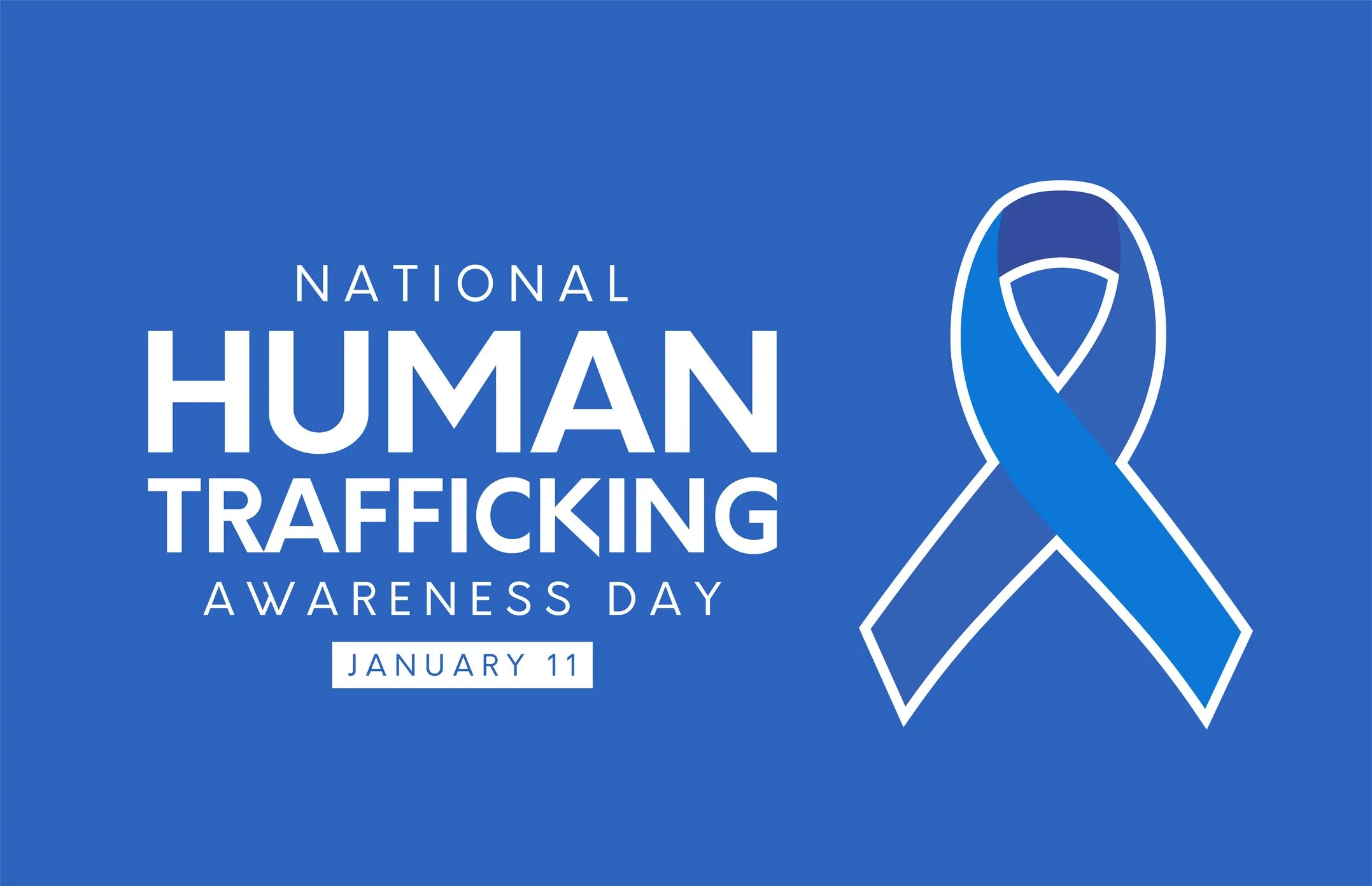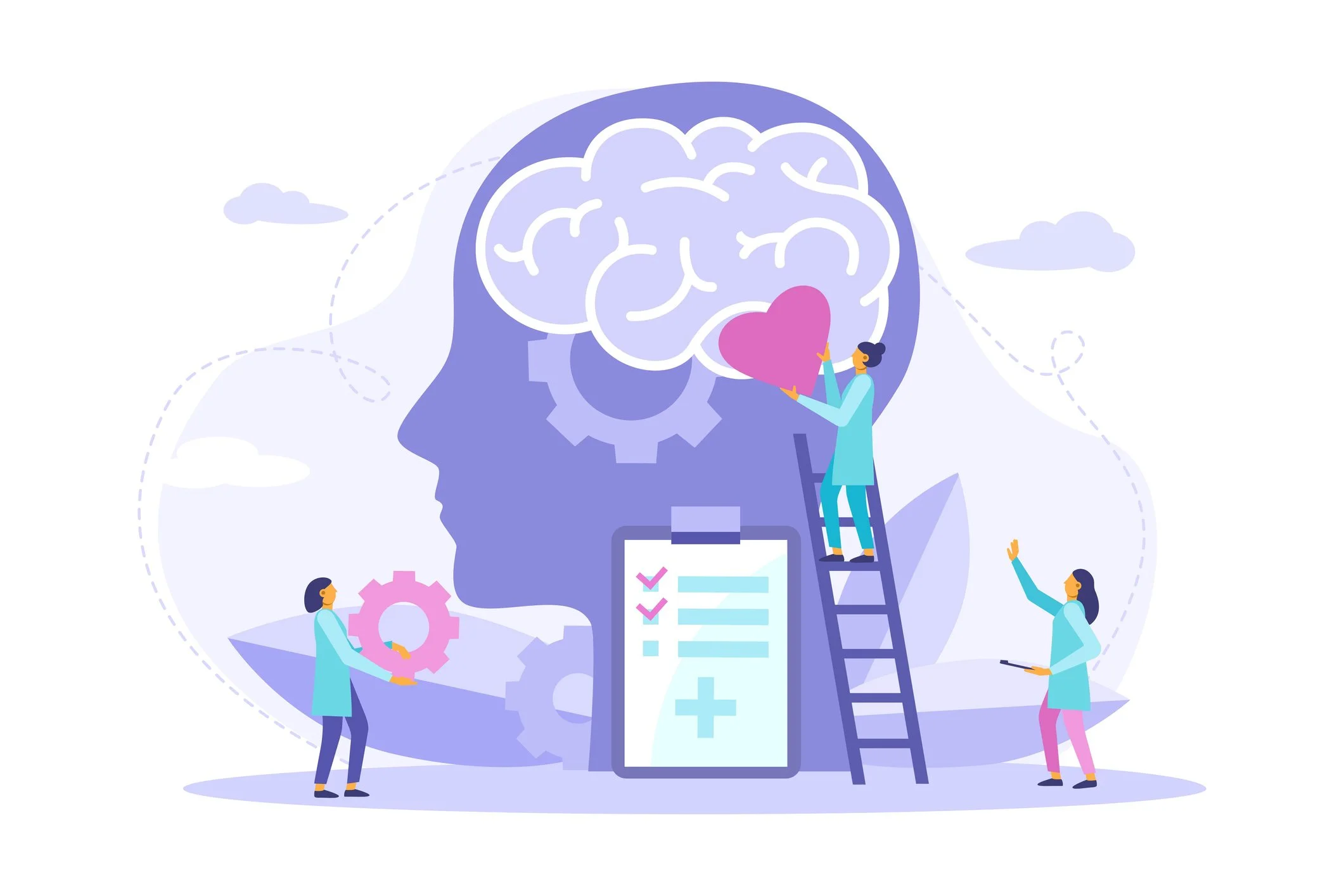
Alleviant Integrated Mental Health Blog
Rebuilding Connection After Conflict: Nurturing Love and Understanding
February reminds us of love, partnership, and connection. Even the strongest relationships face conflict. Disagreements, misunderstandings, and hurt feelings are natural in shared life. What matters most is how couples respond and how they turn conflict into an opportunity to deepen intimacy, trust, and understanding.
Rebuilding connection after conflict requires intention, empathy, and practice. Using structured exercises, reflection, and small daily habits can help couples repair emotional bonds and strengthen their relationship.
Self-Compassion as Heart Care: Healing from the Inside Out
When we think about heart health, we often focus on physical behaviors like diet, exercise, and medical screenings. While these remain important, research increasingly shows that how we relate to ourselves emotionally also plays a meaningful role in both mental and physical wellbeing. Self-compassion, or responding to yourself with kindness during difficulty, can support heart health from the inside out.
During American Heart Month, it’s worth highlighting that caring for your heart includes caring for the way you respond to stress and emotional pain.
The Heart Mind Connection: Managing Stress for Emotional and Physical Wellness
February is American Heart Month, a time to focus on heart health and overall wellbeing. While heart health is often discussed in terms of diet, exercise, and medical checkups, there is another important piece that is sometimes overlooked. Emotional health and stress play a powerful role in how the heart and body function every day.
The heart and mind are deeply connected. When stress becomes chronic, it affects not only how we feel emotionally, but also how our bodies respond physically. Understanding this connection can help you approach wellness in a more compassionate and sustainable way.
Human Trafficking Awareness Day: Understanding Trauma and the Path to Recovery
January 11 is Human Trafficking Awareness Day. It is a day to honor survivors, educate our communities, and shine a light on an issue that often stays hidden. Human trafficking is not only a violation of safety and freedom. It also leaves deep emotional, psychological, and physical scars that can shape how a person sees the world and themselves long after the event ends.
At Alleviant, we believe healing is possible. The journey is not simple or fast, but with compassionate support, survivors can rebuild a sense of safety, identity, and hope. Understanding how trauma affects the brain and body is an important part of that process.
Start the New Year Centered: Simple Intentions for a Mentally Healthy 2026
January is Mental Wellness Month, and it arrives at the perfect time. The start of a new year often feels full of pressure. Many people feel the need to overhaul their entire life at once, but real healing rarely comes from intense resolutions. It grows from small choices, gentle consistency, and the willingness to check in with yourself.
This month is an opportunity to slow down, breathe, and set intentions that support a stronger foundation for your mental health. Whether you are beginning therapy, returning to a routine, or exploring new ways to care for yourself, you deserve habits that help you feel grounded and supported.
Setting Mental Health Goals for the New Year: Realistic and Compassionate
The start of a new year often brings the idea of resolutions. Many people feel pressure to completely transform themselves, but mental health is not about perfection or drastic change. It is about small, meaningful steps that build resilience, balance, and well-being over time.
Setting mental health goals in a realistic and compassionate way can help you enter the new year feeling empowered, hopeful, and supported. Goals that honor your needs, energy, and circumstances are more likely to stick and provide lasting benefits.
When the Holidays Feel Hard: Navigating Grief, Loss, and Loneliness
The holiday season is often called the most wonderful time of the year. But for many people, it can also be the hardest. Grief can feel sharper when surrounded by celebration. Loneliness can feel heavier when everyone else seems connected. If this season feels difficult, know that you are not alone. There is nothing wrong with how you feel.
It is okay if your experience of the holidays looks different this year. Healing and joy can exist alongside sadness. Sometimes the bravest thing you can do is simply honor what is true for you in the moment.
You Can’t Pour From an Empty Cup: Mental Health Tips for Parents of Children with Autism During the Holidays
November is National Family Caregivers Month, a time to recognize the incredible dedication of those who care for others. For parents and caregivers of children with autism, that care often extends far beyond daily routines. It is a full-time act of love, advocacy, and patience.
The holiday season can bring both joy and stress. Changes in routine, sensory overload, social expectations, and travel can create challenges that make it hard for families to truly rest. For caregivers, the pressure to make things special for everyone can lead to exhaustion and guilt.
At Alleviant, we see the quiet strength it takes to care for a child with autism every day. This month, and every month, we want to remind you that your well-being matters too.
You’re Not a Burden: Challenging the Lie Depression Tells Us
Depression can distort the way we see ourselves and the world around us. One of its most harmful lies is the belief that we are a burden to others. This thought can feel convincing when we are struggling, but it is not the truth. The reality is that your life matters, and the people who care about you want you here.
At Alleviant Integrated Mental Health, we know how deeply depression can affect a person’s thoughts and emotions. We also know that these thoughts are symptoms of the illness, not reflections of your worth.
From Chaos to Centered: What Integrative Mental Health Looks Like During Transitions
Transitions are hard. Whether it’s starting a new school year, moving to a new home, changing jobs, or navigating any big life change, the chaos can feel overwhelming. It’s normal to feel anxious, tired, or off-balance during these times.
Integrative mental health offers a way to move through transitions with more ease and care. It looks beyond just symptoms and treats you as a whole person—mind, body, and spirit.
The 10-Minute Mental Health Check-In You Can Do Every Day
Life gets busy and it’s easy to let your mental health take a backseat. But spending just 10 minutes a day checking in with yourself can make a big difference. This simple practice helps you notice how you’re feeling, manage stress before it builds, and keep your emotions balanced.
You don’t need special tools or training, but rather, just a little time and kindness toward yourself.
What Is Telebehavioral Health? How It Works and Who It Helps
Sometimes getting support for your mental health feels harder than it should. You might be busy, overwhelmed, or just not up for an in-person visit. That’s where telebehavioral health comes in.
Telebehavioral health is mental health care that happens virtually. You meet with your provider through a secure video call, from wherever you feel most comfortable—your home, your car, a quiet corner during your lunch break. It’s real, personal care that fits into real life.
Whole-Family Mental Health: How Caregiver Stress Affects Children
Mental health is something the whole family feels. When a parent or caregiver is stressed, it doesn’t just stay with them. It affects everyone in the home, especially children. At Alleviant, we know that caring for kids means caring for the entire family, including the emotional health of those who take care of them.
Caregiver stress can come from many places. It might be work, money worries, health problems, or just the everyday challenges of parenting. Feeling overwhelmed sometimes is normal. But when stress sticks around for a long time, it can impact not only your own health but also how your children feel and behave.
Therapy Isn’t Just for Crisis: Why Everyone Can Benefit from Support
When most people think of therapy, they picture someone going through a major life crisis, such as grief, trauma, a diagnosis, or a breaking point. And while therapy is an essential support during times of crisis, it’s also one of the most powerful tools for preventative care, self-discovery, and emotional resilience.
At Alleviant, we believe therapy is not just for moments when everything falls apart. It’s for anyone who wants to better understand themselves, build healthier habits, and experience more clarity, connection, and peace in their daily life. In short, you don’t have to wait until things get really bad to benefit from support.
Living with C‑PTSD: Daily Coping Strategies for Deeply Rooted Trauma
Complex PTSD, or C‑PTSD, develops from long-term, repeated trauma — often beginning in childhood or occurring in relationships where escape wasn’t possible. Unlike PTSD, which can develop after a single traumatic event, C‑PTSD is shaped by ongoing exposure to trauma over time. This can leave deep emotional scars that affect every part of daily life.
At Alleviant Integrated Mental Health, we understand how complex trauma can shape a person’s sense of safety, identity, and relationships. Healing from C‑PTSD is a long journey, but it’s not one you have to walk alone. With compassionate care and consistent strategies, it’s possible to find steadiness, relief, and even moments of peace.















